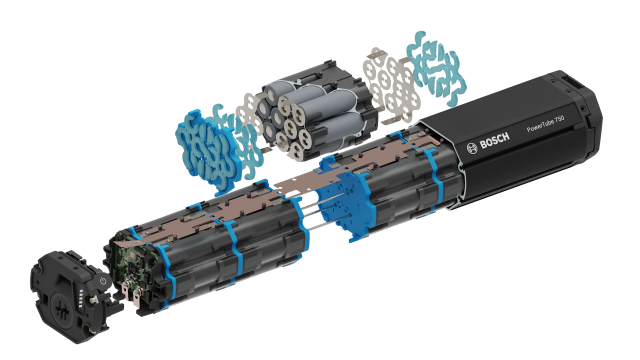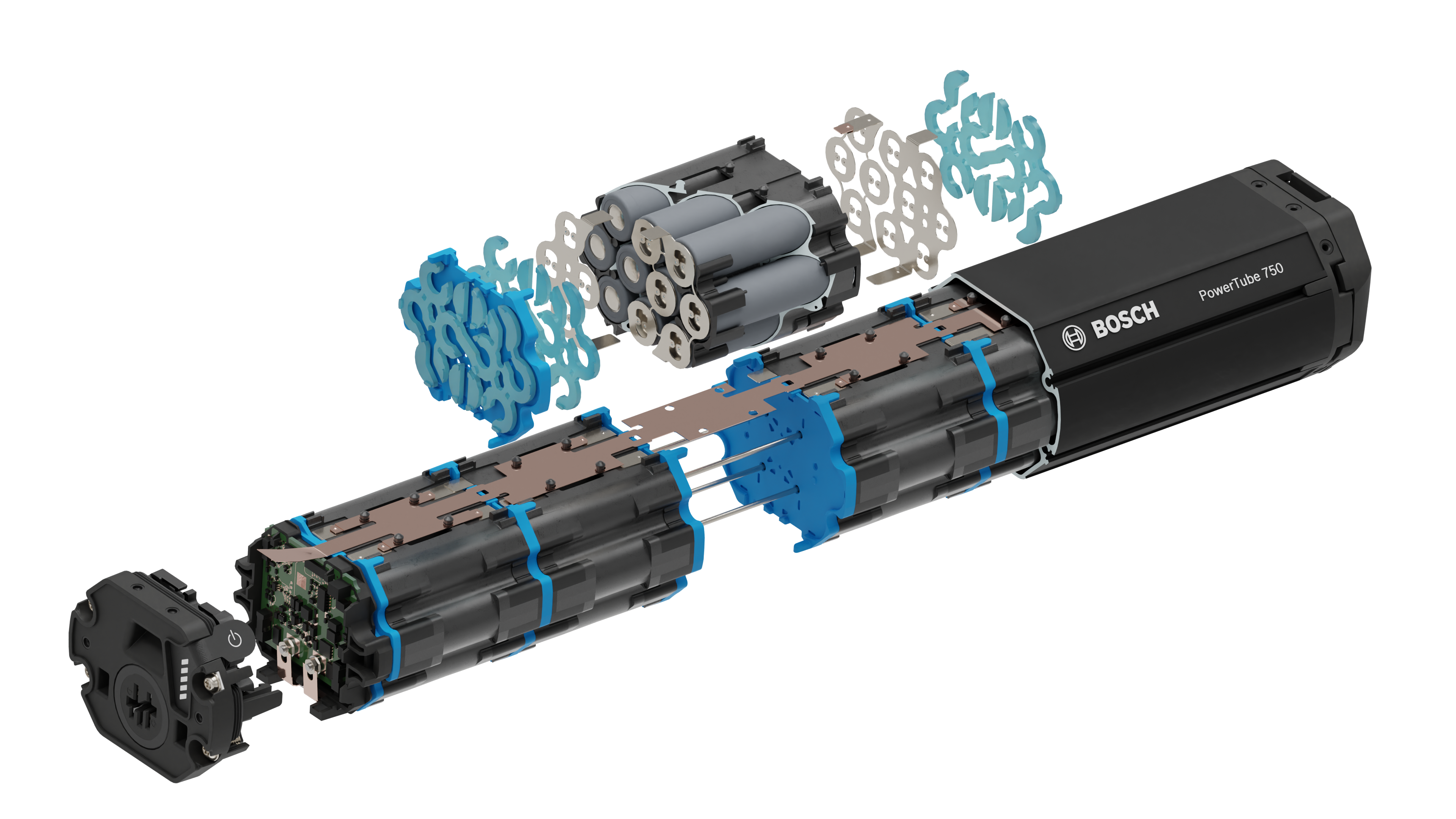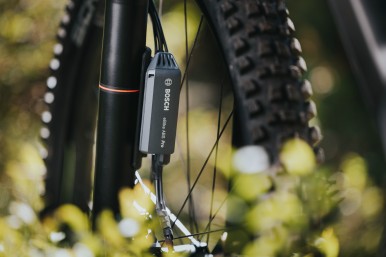Stuttgart/Reutlingen - Bosch eBike Systems continuously optimises its products, and processes, to ensure high component quality. The same applies to battery production. This is because lithium-ion batteries are complex, finely tuned systems with a high energy content, whose ingredients can, in principle, be flammable in certain circumstances. For this reason, eBike batteries must undergo extensive legally prescribed tests and may only be brought to market once they have passed these. Bosch eBike Systems goes beyond the already stringent legal requirements, paying special attention to the issue of battery safety at every point along the value chain: Bosch sets new benchmarks in battery safety with a combination of various technological safety mechanisms, additional tests, and a high degree of automation in manufacturing.
Media contact:
Robert Bosch GmbH
Tamara Winograd
Head of Marketing and Communication Bosch eBike Systems
Tel.: +49 (0)7121 35-394 64
Tamara.Winograd@de.bosch.com
Bosch eBike Systems is shaping the future of eBike mobility with innovative products and digital services ranging from highly efficient drive systems to the first production-ready ABS for eBikes and Connected Biking solutions. On the daily routes through the city, on leisurely rides through the countryside or for sporting adventures in the mountains: Bosch eBike Systems offers eBikers the right drive system (drive unit, battery, display, and app) for every requirement and every area of use, ensuring a unique riding sensation. Today, more than 100 of the world's leading bicycle brands trust the perfectly coordinated, modular product portfolio. As an independent division within the Bosch Group, Bosch eBike Systems also makes use of the Group's technology and manufacturing expertise. For healthy, safe and sustainable mobility that is fun.
For more information please visit www.bosch-ebike.de
The Bosch Group is a leading global supplier of technology and services. It employs roughly 417,900 associates worldwide (as of December 31, 2024). According to preliminary figures, the company generated sales of 90.5 billion euros in 2024. Its operations are divided into four business sectors: Mobility, Industrial Technology, Consumer Goods, and Energy and Building Technology. With its business activities, the company aims to use technology to help shape universal trends such as automation, electrification, digitalization, connectivity, and an orientation to sustainability. In this context, Bosch’s broad diversification across regions and industries strengthens its innovativeness and robustness. Bosch uses its proven expertise in sensor technology, software, and services to offer customers cross-domain solutions from a single source. It also applies its expertise in connectivity and artificial intelligence in order to develop and manufacture user-friendly, sustainable products. With technology that is “Invented for life,” Bosch wants to help improve quality of life and conserve natural resources. The Bosch Group comprises Robert Bosch GmbH and its roughly 470 subsidiary and regional companies in over 60 countries. Including sales and service partners, Bosch’s global manufacturing, engineering, and sales network covers nearly every country in the world. Bosch’s innovative strength is key to the company’s further development. At 136 locations across the globe, Bosch employs some 86,900 associates in research and development, of which nearly 48,000 are software engineers.
Additional information is available online at www.bosch.com, www.iot.bosch.com, www.bosch-press.com.








